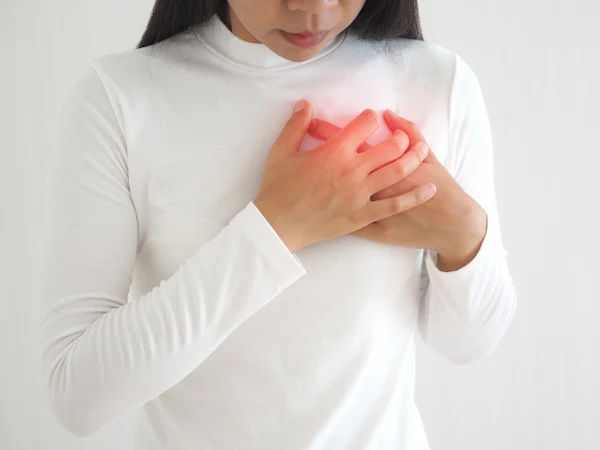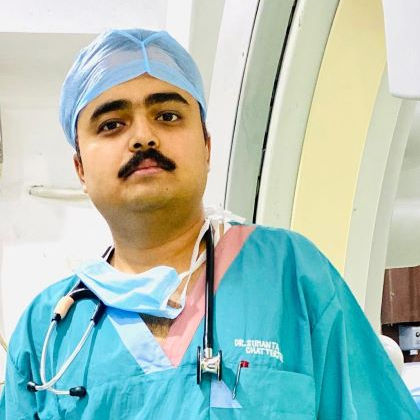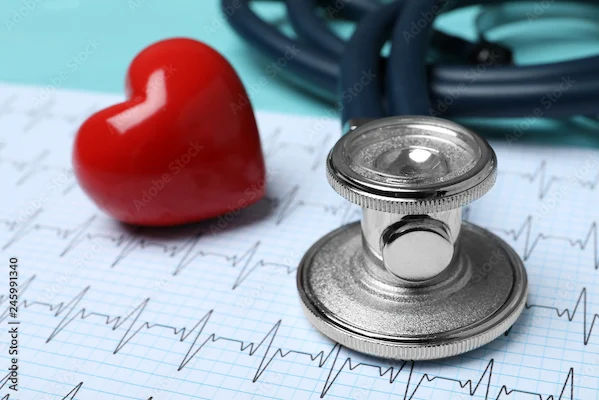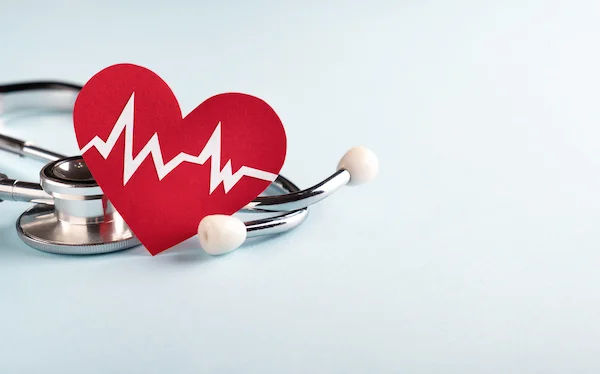Types Of Arrhythmias Explained
Learn about the various types of arrhythmias, including their causes, symptoms, and treatments, to better understand irregular heart rhythms and how they affect your health.


Introduction
Heart rhythm disorders, known as arrhythmias, can be confusing and concerning. If you or a loved one has been diagnosed with an arrhythmia, you might have questions about what it means and how it affects your health. This article will explain the different types of arrhythmias in simple terms, their symptoms, causes, and ways to manage them effectively.
What is an Arrhythmia?
An arrhythmia occurs when the heart beats too fast, too slow, or irregularly. Normally, the heart follows a steady rhythm controlled by electrical signals. When these signals get disrupted, the heart may not pump blood efficiently, leading to health issues.
Types of Arrhythmias
Arrhythmias are broadly classified into two categories based on heart rate:
1. Tachycardia (Fast Heartbeat – Over 100 BPM)
When the heart beats too fast, it may not fill properly with blood, reducing oxygen supply to the body.
Common Types of Tachycardia:
Atrial Fibrillation (AFib): The upper chambers (atria) beat irregularly and rapidly. This can increase the risk of stroke.
Atrial Flutter: Similar to AFib but with a more organised rhythm.
Supraventricular Tachycardia (SVT): A rapid heartbeat starting above the ventricles, causing sudden palpitations.
Ventricular Tachycardia (VT): A dangerous fast rhythm starting in the lower chambers (ventricles), which can lead to cardiac arrest.
Ventricular Fibrillation (VFib): A life-threatening condition where the ventricles quiver instead of pumping blood, requiring immediate medical attention.
2. Bradycardia (Slow Heartbeat – Below 60 BPM)
A slow heartbeat can mean the heart isn’t pumping enough blood.
Common Types of Bradycardia:
Sinus Bradycardia: A slower-than-normal heart rate, common in athletes but may cause dizziness in others.
Heart Block: Electrical signals between the atria and ventricles are delayed or blocked, leading to a very slow pulse.
3. Premature or Extra Beats
Premature Atrial Contractions (PACs): Early beats in the atria, usually harmless.
Premature Ventricular Contractions (PVCs): Extra beats from the ventricles, often felt as a "skipped beat."
Symptoms of Arrhythmias
Some people may not feel any symptoms, while others experience:
Palpitations (fluttering or pounding heart)
Dizziness or lightheadedness
Shortness of breath
Chest pain or discomfort
Fatigue or weakness
Fainting (syncope)
Get Your Symptoms Checked By A Cardiologist
What Causes Arrhythmias?
Arrhythmias can be triggered by:
Heart disease (high blood pressure, coronary artery disease, heart attack)
Electrolyte imbalances (low potassium or magnesium)
Stress, caffeine, alcohol, or smoking
Medications or stimulants
Thyroid disorders
Congenital heart defects
How Are Arrhythmias Diagnosed?
Doctors may recommend:
Electrocardiogram (ECG/EKG): Records heart’s electrical activity.
Holter Monitor: A portable ECG worn for 24-48 hours.
Event Monitor: Records heart rhythms over weeks.
Echocardiogram: Ultrasound of the heart.
Stress Test: Checks heart function during exercise.
Managing Arrhythmias: Lifestyle & Treatment
Here’s how to manage arrhythmias:
Lifestyle Changes
Eat a heart-healthy diet (low salt, saturated fats, and rich in fruits, vegetables, and whole grains).
Exercise regularly (as advised by your doctor).
Limit caffeine, alcohol, and tobacco.
Manage stress with meditation, yoga, or deep breathing.
Maintain a healthy weight.
Medical Treatments
Medications (beta-blockers, calcium channel blockers, blood thinners).
Pacemaker (for slow heartbeats).
Implantable Cardioverter-Defibrillator (ICD) (for life-threatening arrhythmias).
Catheter Ablation (destroys abnormal heart tissue causing irregular rhythms).
When to See a Doctor?
Seek immediate help if you experience:
Chest pain
Severe shortness of breath
Fainting spells
Rapid or irregular heartbeat lasting long
If you suspect an arrhythmia, consult a cardiologist for proper evaluation. Apollo24|7 offers expert consultations and diagnostic tests—book an appointment today for personalised care.
Conclusion
While some arrhythmias are harmless, others require medical attention. Understanding your condition, following a healthy lifestyle, and staying in touch with your doctor can help you manage it effectively.
Consult Top Cardiologists
Get Your Symptoms Checked By A Cardiologist
Dr. Jayarajah Mariappan
Cardiologist
45 Years • MBBS, MD(GEN MEDICINE), DM(CARDIOLOGY)
Chennai
Sooriya Hospital, Chennai

Dr. S B Bhattacharyya
Cardiologist
22 Years • MBBS, MD(General Medicine),DM (Cardiology)
Kolkata
Gariaheart Clinic, Kolkata

Dr. Aditya Verma
Cardiologist
13 Years • MBBS, MD General Medicine, DM Cardiology
Kolkata
Apollo Clinic_Opposite South City Mall, Kolkata

Dr. Sumanta Chatterjee
Cardiologist
12 Years • MBBS,MD General Medicine,DM Cardiology
Kolkata
HealthYou Speciality Clinic & Diagnostics., Kolkata
(25+ Patients)

Dr. Mangesh Danej
Cardiologist
8 Years • MBBS, MD (General Medicine), DNB (Cardiology)
Pune
Dr Danej clinic, Pune
(375+ Patients)
Consult Top Cardiologists
Dr. Jayarajah Mariappan
Cardiologist
45 Years • MBBS, MD(GEN MEDICINE), DM(CARDIOLOGY)
Chennai
Sooriya Hospital, Chennai

Dr. S B Bhattacharyya
Cardiologist
22 Years • MBBS, MD(General Medicine),DM (Cardiology)
Kolkata
Gariaheart Clinic, Kolkata

Dr. Aditya Verma
Cardiologist
13 Years • MBBS, MD General Medicine, DM Cardiology
Kolkata
Apollo Clinic_Opposite South City Mall, Kolkata

Dr. Sumanta Chatterjee
Cardiologist
12 Years • MBBS,MD General Medicine,DM Cardiology
Kolkata
HealthYou Speciality Clinic & Diagnostics., Kolkata
(25+ Patients)

Dr. Mangesh Danej
Cardiologist
8 Years • MBBS, MD (General Medicine), DNB (Cardiology)
Pune
Dr Danej clinic, Pune
(375+ Patients)


